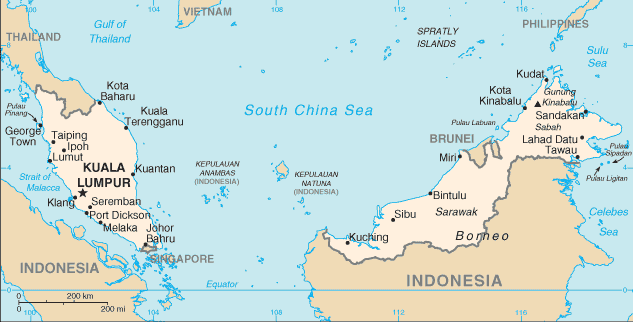The number of dengue fever related deaths have risen by nine as the Malaysian Health Ministry is reporting 126 deaths as of May 2.
In this heavy dengue year in Malaysia, the total cases are now up to 40,491 after an additional 160 cases were reported on May 5.
The hardest hit states include Selangor (23,659), Perak (4,389), Johor (2,378) and Kuala Lumpur (2,304).
According to the World Health Organization, dengue is transmitted by the bite of a mosquito infected with one of the four dengue virus serotypes. It is a febrile illness that affects infants, young children and adults withsymptomsappearing 3-14 days after the infective bite. As many as 400 million people areinfectedyearly.
Dengue is not transmitted directly from person-to-person and symptoms range from mild fever, to incapacitating high fever, with severe headache, pain behind the eyes, muscle and joint pain, and rash. There is no vaccine or any specific medicine to treat dengue. People who have dengue fever should rest, drink plenty of fluids and reduce the fever using paracetamol or see a doctor.
Severe dengue (also known as dengue hemorrhagic fever) is characterized by fever, abdominal pain, persistent vomiting, bleeding and breathing difficulty and is a potentially lethal complication, affecting mainly children. Early clinical diagnosis and careful clinical management by trained physicians and nurses increase survival of patients.


